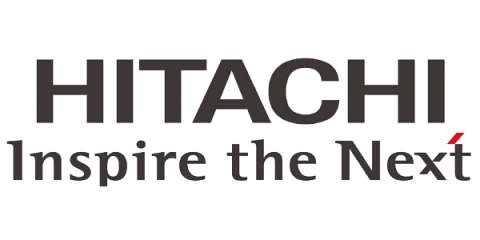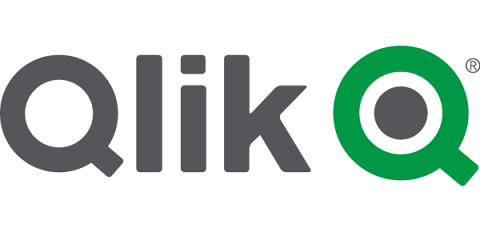Systems | Development | Analytics | API | Testing
Technology
Building Trust in Generative AI
Is the generative AI honeymoon over already? After months of buzz around its transformative possibilities, excitement is now starting to be tampered by a growing concern on trust and data privacy. Just in the last few weeks, there have been several lawsuits launched against AI companies, including a well publicized charge of copyright infringement.
MLOps for Generative AI in the Enterprise
Operationalizing AI: How to Beat 2 Major Challenges
If you’re not using artificial intelligence (AI) in your organization right now, you’re behind. But the reality is that beyond inputting some ideas into a large language model like ChatGPT, AI just isn’t that simple to operationalize across your business (although the benefits are real).
AI Trends: 5 Reasons Private AI is Hot
Why is private AI so hot right now? Organizations are reluctant to share their data with public cloud AI providers who might use it to train their own models. Private AI offers an alternative that lets them reap the transformative benefits of AI on process efficiency while maintaining ownership of their data.
Why Reinvent the Wheel? The Challenges of DIY Open Source Analytics Platforms
In their effort to reduce their technology spend, some organizations that leverage open source projects for advanced analytics often consider either building and maintaining their own runtime with the required data processing engines or retaining older, now obsolete, versions of legacy Cloudera runtimes (CDH or HDP).
DevOps CI/CD Pipeline and Workflow: A Bitrise CI/CD Pipeline and Workflow walkthrough
CDO & CDAO Guide to Enterprise Generative AI
We all know that organizations face a huge challenge in extracting valuable insights from vast amounts of data. Chief Data Officers (CDOs) and Chief Data Analytics Officers (CDAOs) play a key role in this process, as they are responsible for managing and leveraging organizational data to drive sustainable and responsible growth. One technology that has revolutionized the way they unlock value from business data is generative artificial intelligence (AI).
Embracing the Future: How Generative AI is Transforming and Supercharging the Landscape of Knowledge Work
The world of knowledge work is undergoing a profound transformation as generative AI emerges as a powerful force driving innovation, efficiency, and productivity. With its ability to analyze vast amounts of data, generate insights, and streamline complex tasks, generative AI is reshaping the way professionals work and unlocking new possibilities. It also raises fears of replacing knowledge workers with Generative AI.
Unveiling the Key Security Concerns of CISOs Regarding Generative AI within the Enterprise
In today’s rapidly evolving technological landscape, generative artificial intelligence (AI) has emerged as a powerful tool for various industries, and it seems like enterprises are fast to adopt it. Generative AI refers to the use of machine learning algorithms to generate original and creative content such as images, text, or music.











